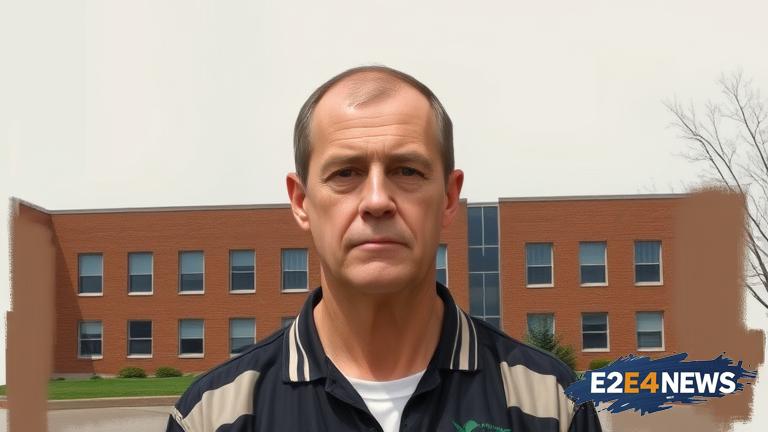In a recent court ruling, Cory Todd Cox, a registered sex offender from Noblesville, Indiana, was sentenced to 15 years in federal prison for his involvement in child pornography crimes. The sentence was handed down after Cox pleaded guilty to possessing and distributing child pornography, a serious offense that carries severe penalties under federal law. According to court documents, Cox was found to be in possession of a large collection of child pornography, which he had obtained and shared through online platforms. The investigation into Cox’s activities was led by the FBI, in collaboration with local law enforcement agencies, and resulted in the seizure of numerous electronic devices containing explicit child content. The case highlights the ongoing efforts of law enforcement to combat the spread of child pornography and protect vulnerable victims from exploitation. Child pornography is a serious crime that involves the creation, distribution, and possession of explicit content featuring minors, and is punishable under federal law. The production and distribution of child pornography are considered particularly heinous crimes, as they involve the exploitation and abuse of children for the purpose of creating explicit content. The sentence handed down to Cox reflects the severity of the crime and the need to protect society from individuals who engage in such harmful activities. The FBI and other law enforcement agencies use a variety of techniques to investigate and prosecute child pornography cases, including monitoring online activity, conducting undercover operations, and analyzing digital evidence. In recent years, there has been an increase in the number of child pornography cases reported, highlighting the need for continued vigilance and cooperation between law enforcement agencies. The sentence handed down to Cox serves as a warning to others who may be engaging in similar activities, and demonstrates the commitment of law enforcement to protecting vulnerable victims and holding offenders accountable. The case also highlights the importance of public awareness and education in preventing child exploitation, and the need for individuals to report suspicious activity to the authorities. By working together, law enforcement agencies, community organizations, and the public can help to prevent the spread of child pornography and protect children from exploitation. The 15-year sentence handed down to Cox is a significant victory for law enforcement, and demonstrates the seriousness with which child pornography crimes are treated. The case is a reminder that child pornography is a serious crime that carries severe penalties, and that law enforcement agencies are committed to investigating and prosecuting these crimes to the fullest extent of the law. In addition to the sentence handed down to Cox, the case also highlights the need for continued support and resources for victims of child exploitation, and the importance of providing a safe and supportive environment for those affected by these crimes. The investigation into Cox’s activities was a complex and time-consuming process, involving the analysis of large amounts of digital evidence and the coordination of multiple law enforcement agencies. The success of the investigation is a testament to the dedication and expertise of law enforcement officials, and demonstrates the importance of cooperation and collaboration in combating child exploitation. The case against Cox is just one example of the many child pornography cases being investigated and prosecuted across the country, and highlights the need for continued vigilance and action to prevent the spread of these crimes. By providing education, support, and resources to victims and their families, and by working to prevent the spread of child pornography, we can help to create a safer and more just society for all. The sentence handed down to Cox is a significant step towards achieving this goal, and demonstrates the commitment of law enforcement to protecting vulnerable victims and holding offenders accountable.
